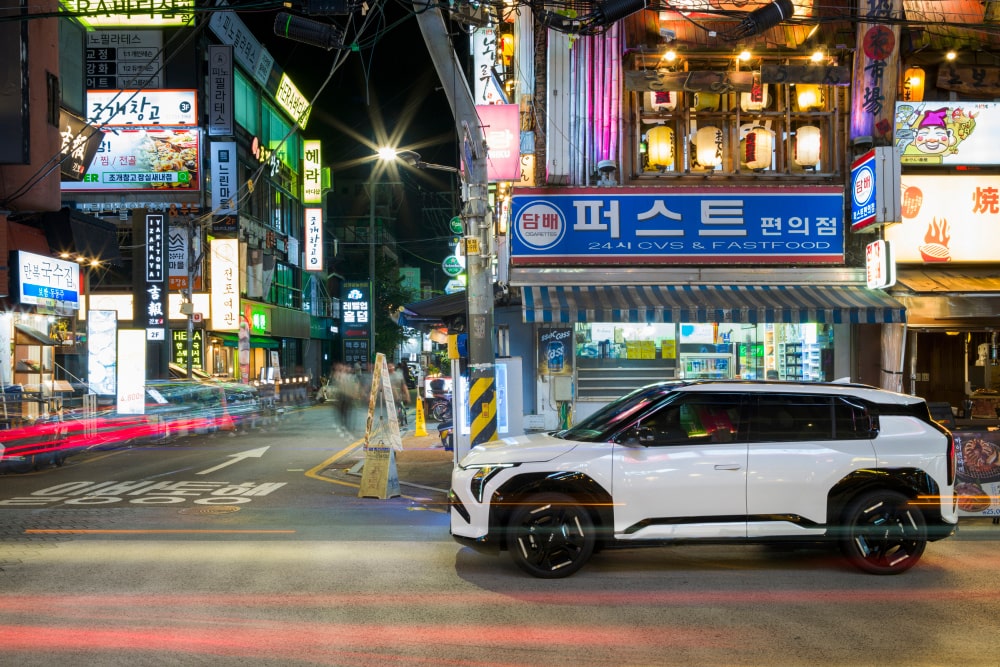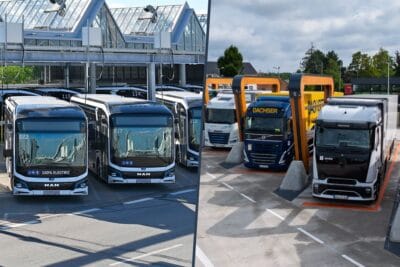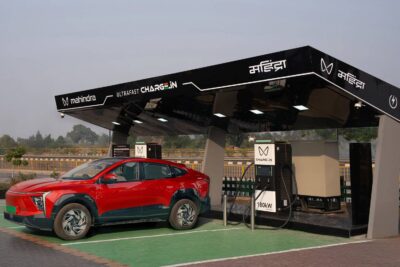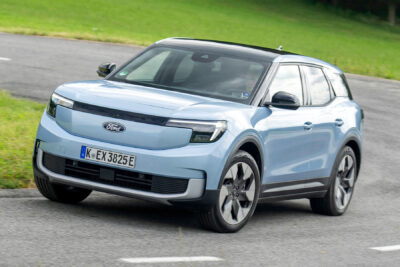South Korea floats ban on sale of new petrol and diesel vehicles
The Ministry of Environment is reportedly looking at the possibility of restricting the sale of internal combustion engine (ICE) vehicles as a means of meeting the country’s national greenhouse gas reduction target for 2035.
This has a lot to do with the Paris Climate Agreement, which stipulates each participating nation must implement Nationally Determined Contributions (NDCs) – self-created, non-binding emissions reduction targets that must be updated every five years. The next round of NDCs are due to be published at the next UN Climate Change Conference in November 2025, which means some countries are looking for ways to push towards new NDCs.
South Korea is one such country. Like other countries, emissions cuts in South Korea’s transport sector have been marginal – just 1.2 percent for 2018 to 2024 – and there are only 850,000 ZEVs currently on the roads.
That’s why Korea is now looking in earnest at a ban on new ICE vehicles, along with a range of incentives such as tax benefits. While there’s nothing yet set in stone, the idea has been suggested at a public forum on the topic of greenhouse gas emissions in transportation.
According to Korea JoongAng Daily, the Environment Ministry presented four emissions reduction scenarios which would cut emissions by either 48, 53, 61, or 65 percent by 2035. It found that 48 percent cut to emissions in the transportation sector would require drop in emissions from 98.8m tons in 2018 down to 44.3m tons; a 65 percent drop would require a drop to 32.6m tons.
So back to ZEVs: to attain the 48-percent scenario, ZEVs would have to account for 30 percent of all road vehicles; to reach the 65-percent goal, over 35 percent of all vehicles would have to be ZEVs. Choi Min-ji, president of the Greenhouse Gas Inventory and Research Center, told JoongAng Daily: “We would need to see the majority of new cars sold being zero-emissions vehicles under the 61 and 65 percent reduction scenarios. This is why it may be necessary to examine new car sale regulations as the EU has done.” In a separate comment, the country’s Environment Minister Kim Sung-hwan said: “We need to reduce internal combustion vehicles at twice the current pace.”
This comes just as the EU’s own 2035 ban on ICE vehicles is called into question. In September, German car manufacturers reportedly met with European Commission president Ursula von der Leyen to demand a reversal on the ban and to relax annual quotas they must meet on the sale of EVs between now and 2035.





0 Comments